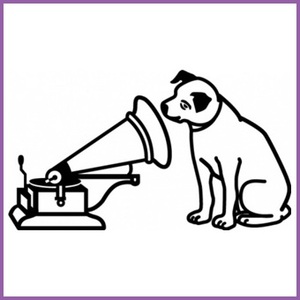We can all easily slide out of active listening. So what can help us re-engage?
Lost count of sessions, and lost active listening skills
When I lost count of how many focus groups I’d conducted with university students, I also lost my active listening skills. I was listening, but more as part of a game on how soon into the session someone would mention insufficient parking.
Otherwise, I was hearing the same answers to the same standard questions: “What do you like and dislike about the recreation center?” “How much would you pay to live in a two bedroom apartment on campus?” Good questions of course, but over time, I had lost my enthusiasm for them.
Experimentation with what I couldn’t predict
In an effort to regain my own enthusiasm for the sessions, I experimented with throwing in questions that sparked my curiosity. These were questions that I couldn’t predict the answers to. “What adjectives describe your campus?” “If endless money was available and you were in charge, what improvements would you make, and why?”
And amazingly, I was back to actively listening! It was hard even to take notes. I began to fully rely on the recordings, so I could apply my focus to the discussion.
A benefit of this shift was that even with the standard questions, I got better at noticing subtleties in answers that led to more nuanced insights. I was back to being curious about what I was truly being told, rather than being curious if my predictions of the answers were right.
Exercise for active listening
So here’s an exercise to strengthen your active listening muscle:
- Today, generate a few ideas of questions that spark your curiosity. Maybe about favourite vacation memories, or how someone get to be so good at something.
- Then, review your schedule for the week, and pick one meeting or interaction per day.
- When each of those moments happens, make a point to ask a ‘curiosity’ question and actively listen to all aspect of the answer. That’s not just the details, but what emotions are coming up, and what facial expressions are happening.
- At the end of the week, reflect on when it was easy and when it was hard to actively listen and pause your own thoughts about what’s next.


